The Culture Of The Democratic Republic Of The Congo
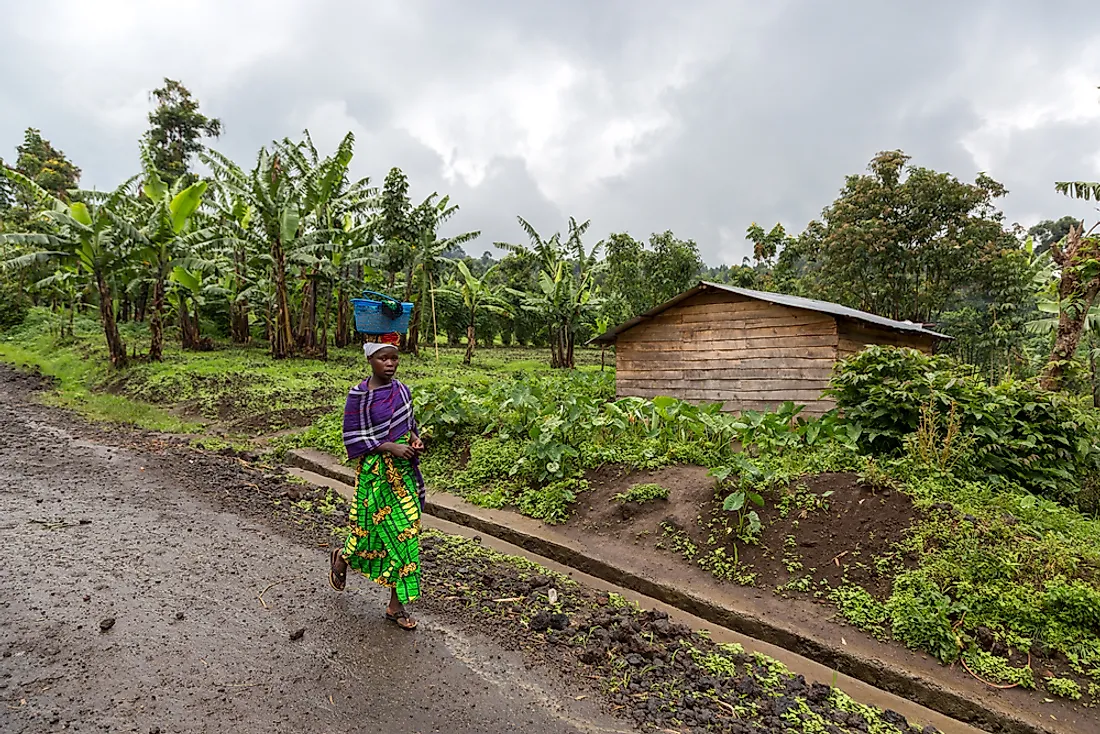
- Christianity is the dominant religion in the DR Congo, and Catholicism is the most popular branch.
- The Congolese people suffered horrific human rights abuses at the hand of King Leopold II of Belgium, with the repercussions of that history still present today.
- Music, dance and literature are thriving cultural aspects of the Democratic Republic of the Congo.
- It is estimated that up to 80% of the population lives in extreme poverty.
Officially known as the DRC, DR Congo, the Congo, or Congo-Kinshasa, the Democratic Republic of the Congo is a country located in the central region of the African continent. For a period between 1971 and 1997, the country was known as Zaire, which is a name that is still used at times. During the time of European colonization of Africa, the country first came under the private rule of King Leopold II of Belgium in 1885, but flagrant human rights abuses against the Congolese by the King's private army raised an international outcry. The Belgian parliament voted to annex the territory in 1908, essentially buying it from the King and thus making it an official Belgian colony in order to quell the outrage of outside parties, but the devastating effects of Leopold's rule of terror persisted long after the country's independence in 1960. It is estimated that up to 80% of the population lives in extreme poverty.
The DRC has an area of about 905,567 square miles and a population of about 91,035,230 people with a diverse range of cultures and customs. The population is made up of more than 200 ethnic groups, with most of them being Bantu-speaking.
Religions Practiced
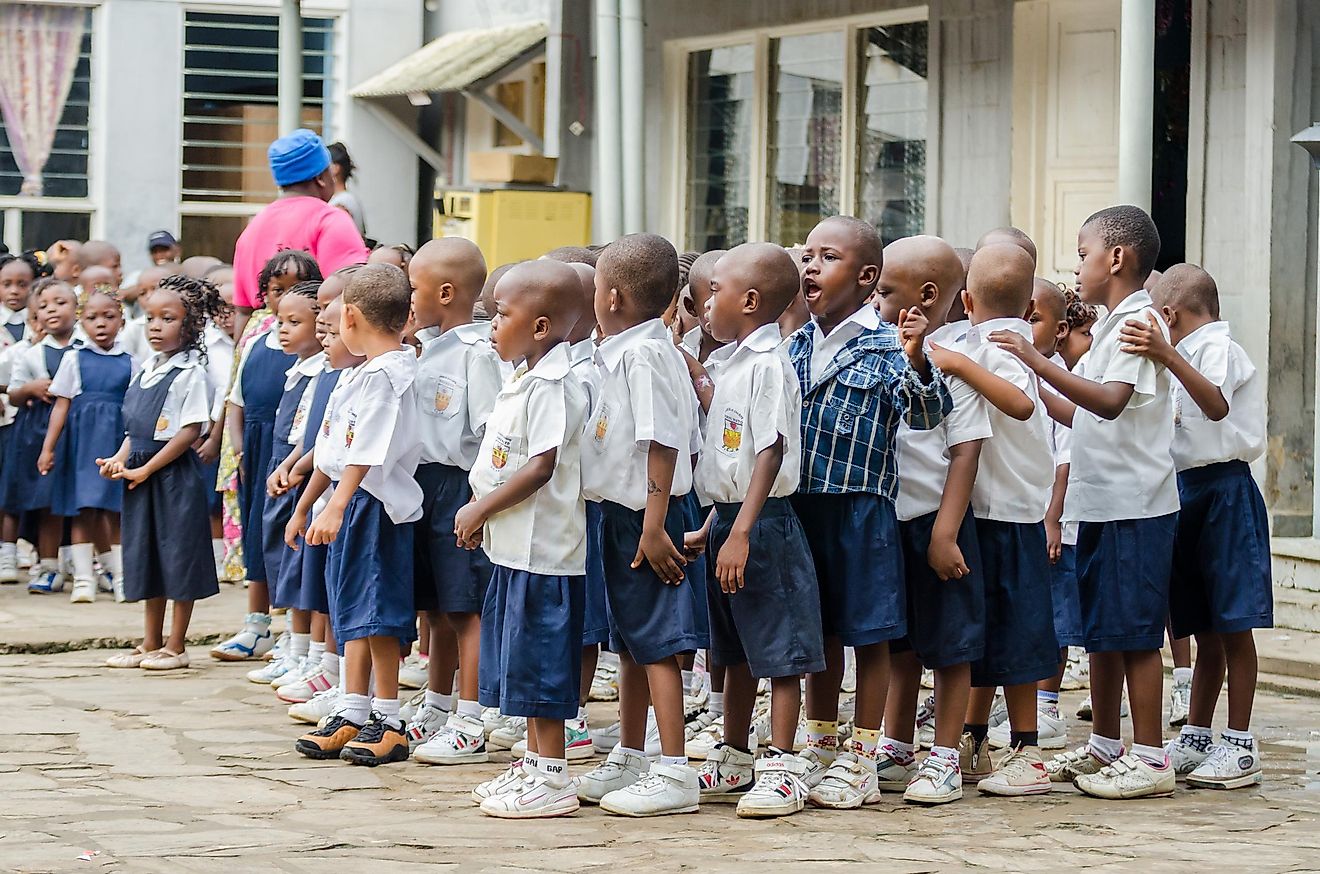
A recent survey by the Demographic and Health Surveys shows that Christianity is the dominant religion in the DRC with a following of about 93.7% of the population. Of this figure, Catholicism is the most dominant denomination with a following of about 30%, while Protestants have a share of approximately 27% of the Christian population. The remaining Christian population are affiliated with various other branches of Christianity.
Aside from Christianity, the survey found that a local religion known as Kimbanguism has a share of 2.8% of the population, while Islam only has 1.2%. However, recent estimates are varied as to the share of Christianity even though they agree on its dominance. For example, the Pew Research Center reports that 95.8% of the population is Christian while the CIA World Factbook reports the Christian share is closer to 80%. Another religion is the Baha'i Faith, which is a young faith considering that it had been banned until the later period of the 1980s.
The dominance of the Catholic Church in the country is rivaled only by the state. The church has a following of about 35 million people and has educated more than 60% of the population at the primary level and 40% at the secondary level. In addition, the church has several institutions such as hospitals, clinics, farms, and others. With a following of more than 25 million people, the Protestant Church in the country has one of the largest global followings in a single country.
Festivals
The country has a number of festivals including the worldwide celebrations of Labor Day, New Year’s, and Christmas. However, unlike other countries, Christmas is more religious than it is commercial, which means that gifts are not common on that day. Other, country-specific festivals include Marty’s Day on January 4 every year. This day remembers the people who died for justice as well as people who died due to human rights abuses such as the as many as 10 million Congolese killed under the reign of King Leopold II. In the same month, on January 17, the country observes National Heroes’ Day to remember national heroes such as Patrice Lumumba, the country's first democratically elected prime minister. Independence Day is on June 30. Other festivals include National Liberation Day (May 17), Parent’s Day (August 1), Army Day (November 17), and Youth Day (October 14).
Cuisine
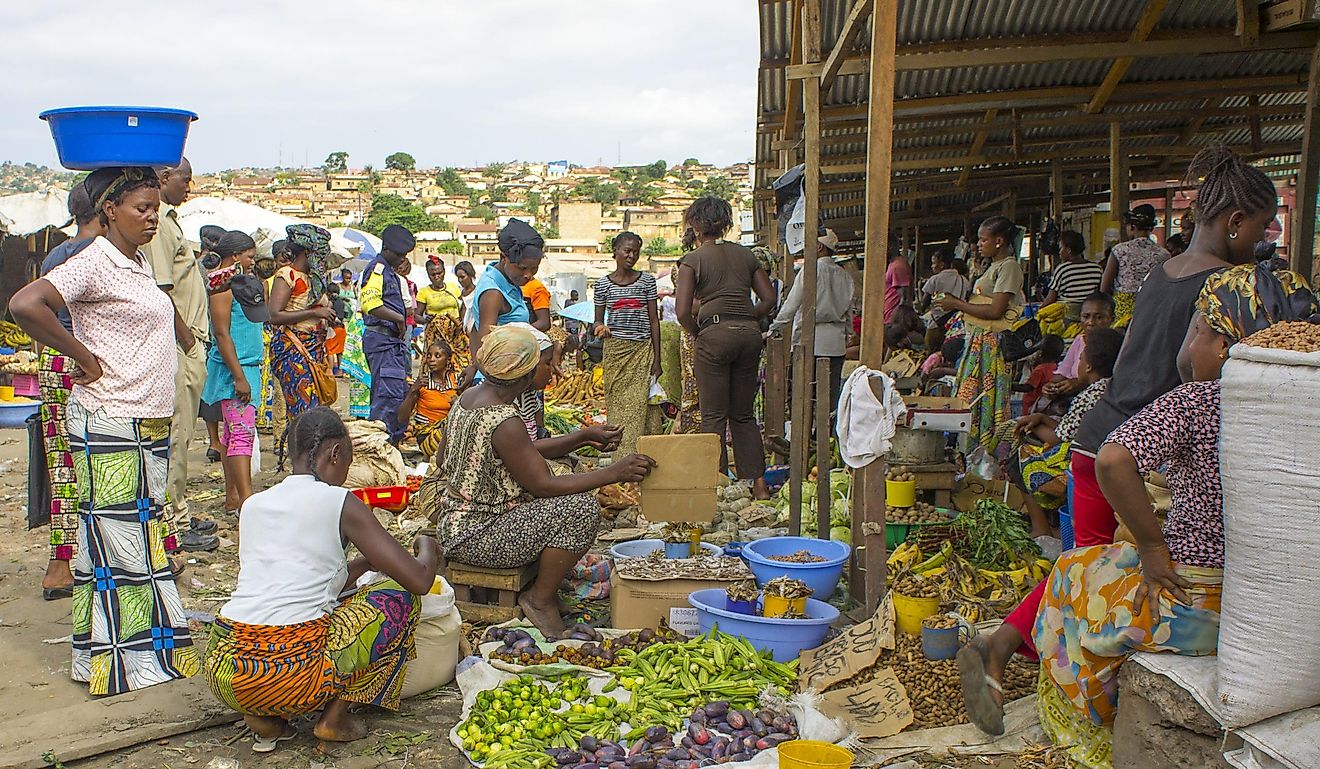
The varied cuisine of the country includes both indigenous and exotic foods. One of the staple foods is cassava, which is typically served with other foods such as stew. Aside from cassava, the little available land for farming is used to grow foods such as maize, sweet potatoes, rice, several varieties of nuts and peas, and other plants. Most of these foods are national dishes although some regions have unique foods. For export, the chief crops are palm oil and coffee. In addition to crops, people practice livestock farming although the civil war in the region has been unkind to these farmers.
Aside from growing food, it is common for people to hunt wild meat as well as gather food from the wild. Wild foods include things like fish, bushmeat, honey, mushrooms, wild fruits, and other things. Other Congolese foods include ugali, moambe, fufu, loso na madesu, ndakala, mbembe, palm wine, and many more. The national dish is rice and moambe chicken.
Music And Dance
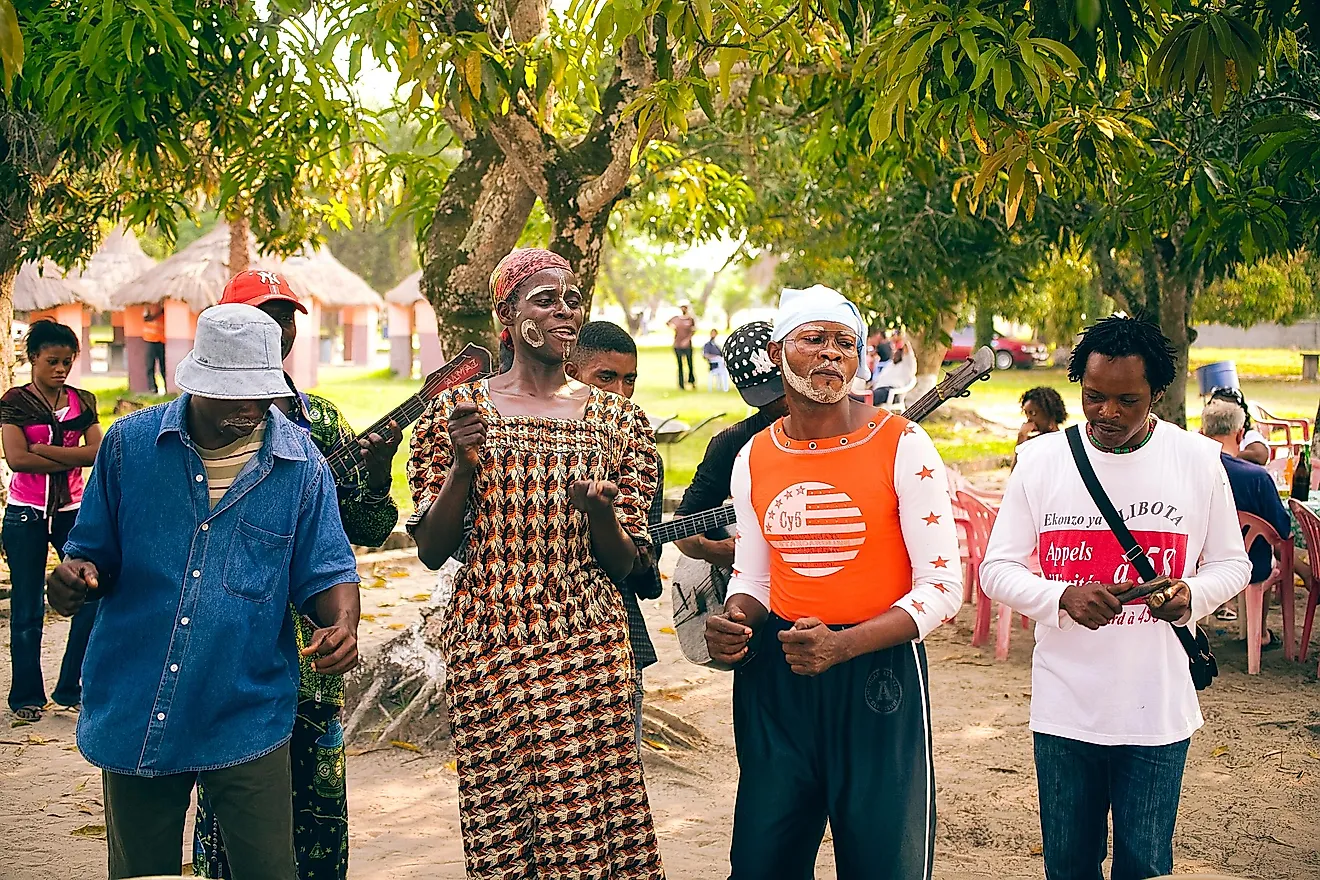
Music is popular in the country including ethnic genres and styles such as merengue and rumba, which came together and formed the famous soukous style. The soukous style has been widely adopted by other nations in Africa leading to the production of some famous African music. Some of the artists using this style sing using the Lingala language, which is one of the country’s national languages.
One of the most popular musicians from the DRC was Papa Wemba who is also known as "le Sapeur." Artists like Papa Wemba have set the tone for upcoming musicians from the country who are now following his style of dance as well as his fashion choices. A popular dance style that has been dominant is the “ndombolo” style, which is represented by African greats such as Fally Ipupa and Koffi Olomide. The newer generation of upcoming artists includes the likes of Mike Kalambay and Audit Kabangu.
Literature
Most Congolese writers use the national languages of the country, which include French, Lingala, and others. Generally, the writers’ main focus is on identity issues of the country, from colonial times to the present. Other topics include the similarities and differences between the different ethnic groups as well the conflict that has been created by the clash of modern and traditional ways of life. Some of the more popular authors (including popular poets, novelists, and playwrights) include Paul Lomami-Tshibamba, Mwilambwe Kibawa, Elebe ma Ekonzo, and others. One of the earliest writers is Stefano Kaoze who wrote a French essay titled "La Psychologie des Bantu" (The Psychology of the Bantu). The essay was written in 1910 although literature caught on in the DRC after the conclusion of World War II in 1945.
Social Beliefs And Etiquettes
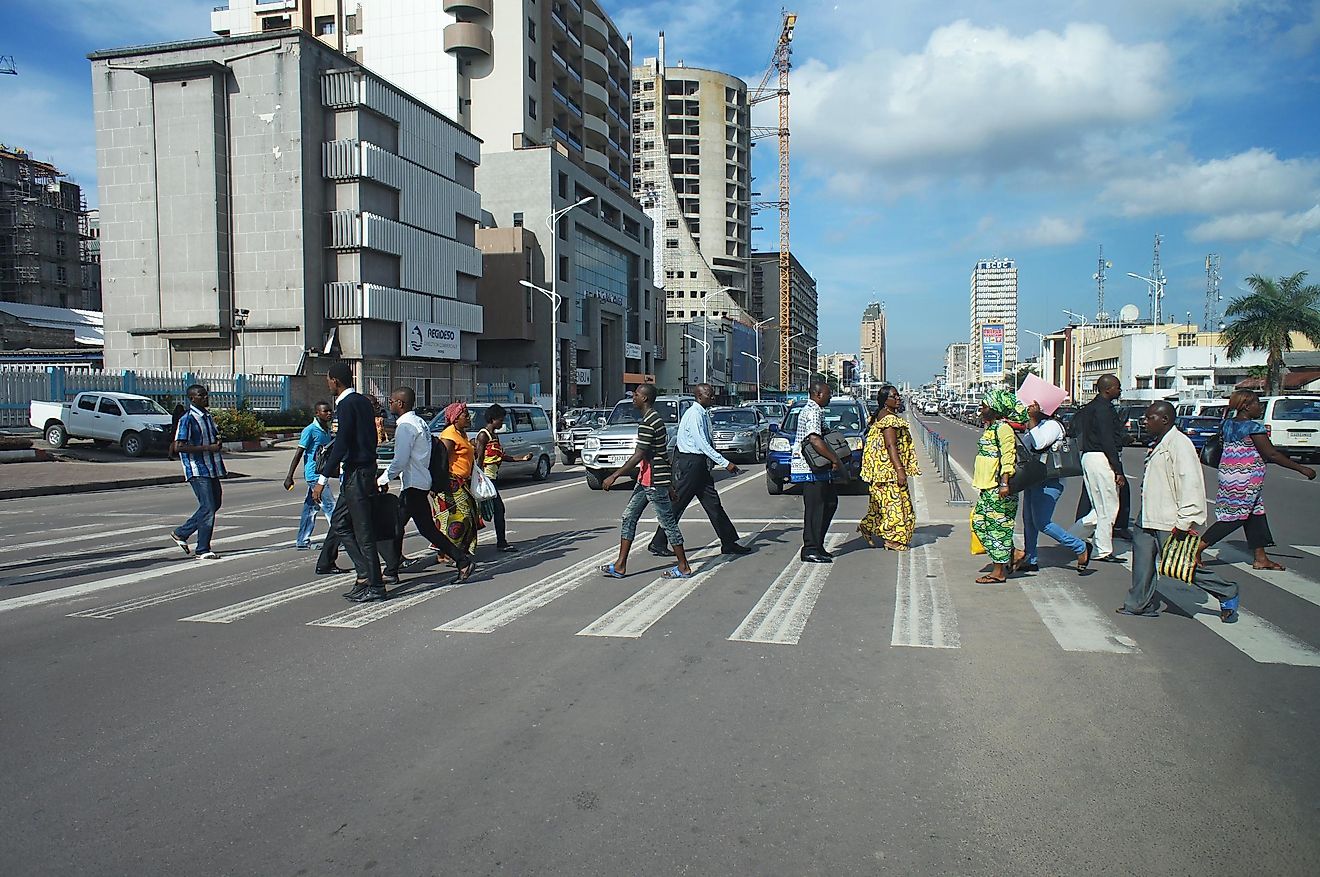
Congolese beliefs are mostly traditional although they are gradually changing. For example, the traditional system where the amount of respect a person receives depends on the quality of their clothes still applies in this country where materialism was introduced through colonialism. For this reason, most Congolese citizens wear clothes that are clean, colorful, and crisp. Historically, Congolese women preferred longer skirts and avoided pants, but recent times see more women wearing pants.
Children are expected to show respect to their adults, and girls especially are taught from a young age how to care for their younger siblings and aid their parents. Elders and leaders get more respect. In addition, regardless of age, greetings are a crucial part and inquiring about each other’s health before moving on to other topics is important.
The status of women in DR Congo depends on their ethnic background, their wealth, and their living situation. Women living alone in the city are generally criticized for their choice, so rural areas are sometimes preferable to single women. Generally, men hold the majority of positions of power in the country.











